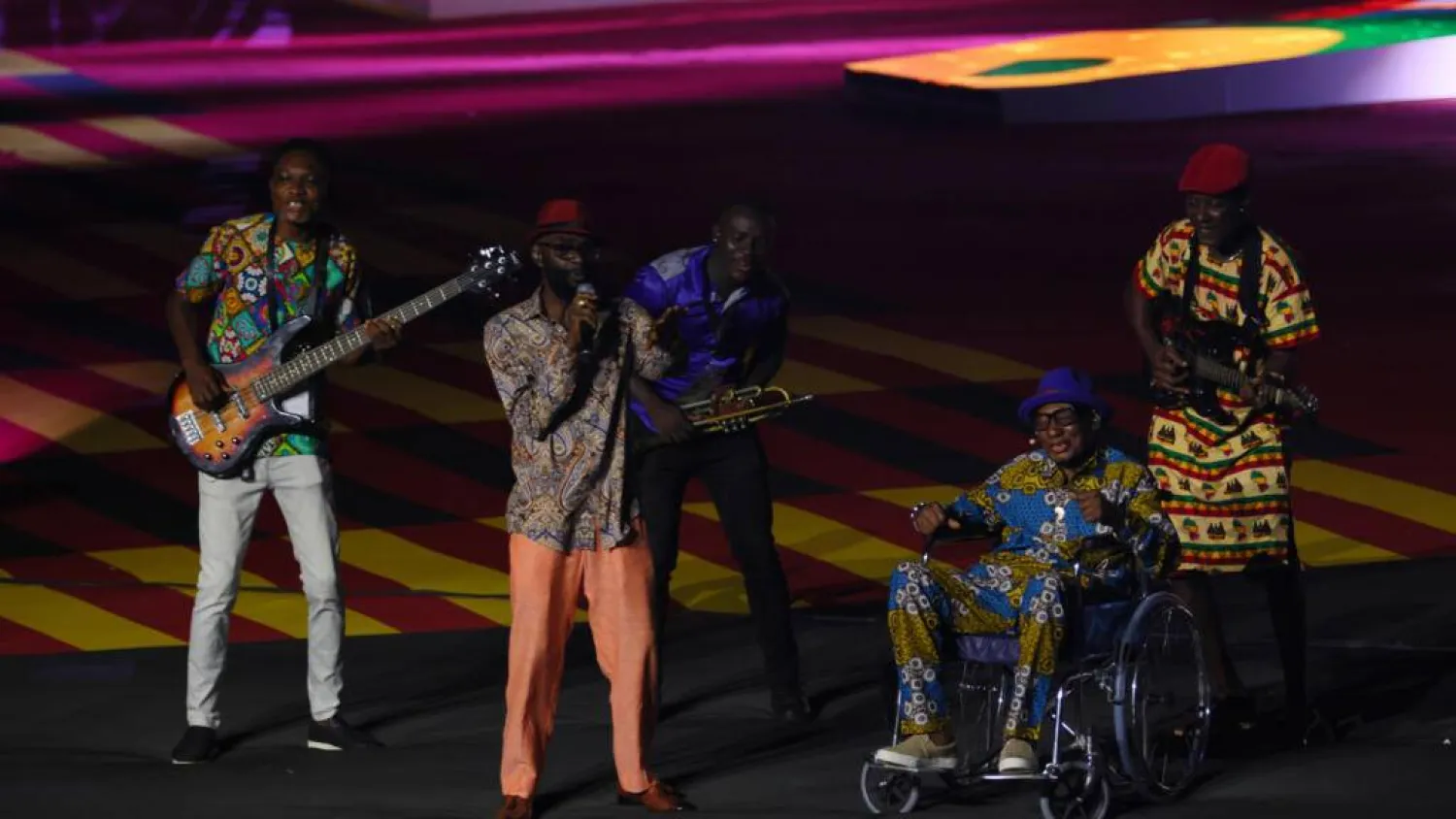It's a pop queen's world and we're just living in it: Industry watchers are speculating over whether Tay or Bey could post the first billion-dollar tour, as 2023 witnesses an explosion of shows.
Taylor Swift and Beyonce are among the dozens of stars who've hit the road and fueled a booming arena market, as demand for live entertainment soars after years of pandemic-induced cancellations and postponements.
From Pink to Coldplay, Bruce Springsteen to Drake, and SZA to The Weeknd, stadiums across the United States and beyond are setting the stage for what's poised to be the biggest year for live music on record.
"I have never seen as many artists out at the same time, in the same space," Stacy Merida, a professor at American University who studies the business of music, told AFP.
Madonna -- who in the early 1990s created the contemporary tour as we know it, with elaborate sets and costumes -- was set to embark on a career-spanning tour in mid-July, but postponed it due to illness.
The 64-year-old is slated to start her European leg of shows in October, and reschedule the North American concerts for later dates.
So it's the 33-year-old Swift who is now within striking distance of the billion-dollar mark, with 106 current dates on her "Eras" tour.
Odds are also favoring Beyonce as she commences the North American leg of her "Renaissance" tour.
If either cross the history-making line, they'd jump past Elton John.
His just-ended "Farewell Yellow Brick Road" tour, which began in 2018, had grossed more than $910 million as of June 18, a few weeks before his final show in Stockholm on July 8, according to Billboard Boxscore.
John had surpassed the previous record-holder, Ed Sheeran's 2017-2019 "Divide" tour, which nabbed $776 million.
Part of the current boom comes from increased ticket prices: Sheeran charged just under $100 for "Divide," according to tracker Pollstar, but played well over 200 shows.
Tickets for Bey and Tay are averaging out to be more than double that, for basic seats.
Live Nation, which in 2010 merged with Ticketmaster, says it's already sold 100 million tickets for 2023 concerts -- more than it sold for the entire year of 2019.
The company posted $4.4 billion in revenue during this year's second quarter, promoting some 12,500 concerts to 33.5 million fans.
"With most of the world fully re-opened, it's clear that concerts remain a high priority for fans," Live Nation said in its most recent earnings report.
Ticketing grumbles
But while demand has soared, it's not without much grumbling over the privileged position of Live Nation and Ticketmaster.
For years, concertgoers have complained of hidden fees, soaring costs, rampant scalpers and limited tickets due to presales.
The issue reignited earlier this year after botched sales for Swift's tour wreaked havoc, prompting a congressional hearing over purported anti-competitive practices and ardent calls for the company to be broken up.
That possibility doesn't appear on the horizon, and ticket prices keep climbing in the meantime -- and fans keep paying.
"The vertical integrated monopoly really has a lot of ripple effects in terms of prices," said Andrew Leff, a music industry veteran and attorney who teaches at the University of Southern California.
"If you're Ticketmaster and you can charge anything you want and you don't have any competition, and a demand for Taylor Swift or Beyonce comes along, that's simple supply-and-demand economics," he told AFP.
"They can charge whatever they want -- which is what they do."
'Beyonce blip'
And according to Leff, the concert boom isn't necessarily seeing its benefits trickle down to smaller acts.
"There's really two music industries," he said. "There's the music industry for the one percent and the music industry for the 99 percent."
"Unless you're playing in front of 500 people or more every night, you're probably not even breaking even."
It's an all too familiar story: Touring doesn't come cheap, and it's a lifeline for artists whose royalties from streaming notoriously make the tiniest of dents.
But with everyone back on the road trying to make up lost revenue from the pandemic years, there's competition for everything from venues to tour buses.
Last fall, the indie artist Santigold was among the first to speak out on the challenges facing performers like her -- and canceled her tour, saying she was "simply unable to make it work," not least due to inflation and competition in a saturated market.
Meanwhile, recent data from research company QuestionPro suggests Swift's tour could generate some $4.6 billion in consumer spending in the United States alone, pumping dollars into local economies including hotels and restaurants.
And Queen Bey's "Renaissance" tour caused a "Beyonce blip" when she performed in Stockholm in May, driving up Sweden's inflation by about 0.2 percentage points.
"Beyonce's start of her world tour in Sweden seems to have colored May inflation," said Michael Grahn, chief economist for Sweden at Danske Bank, at the time.









